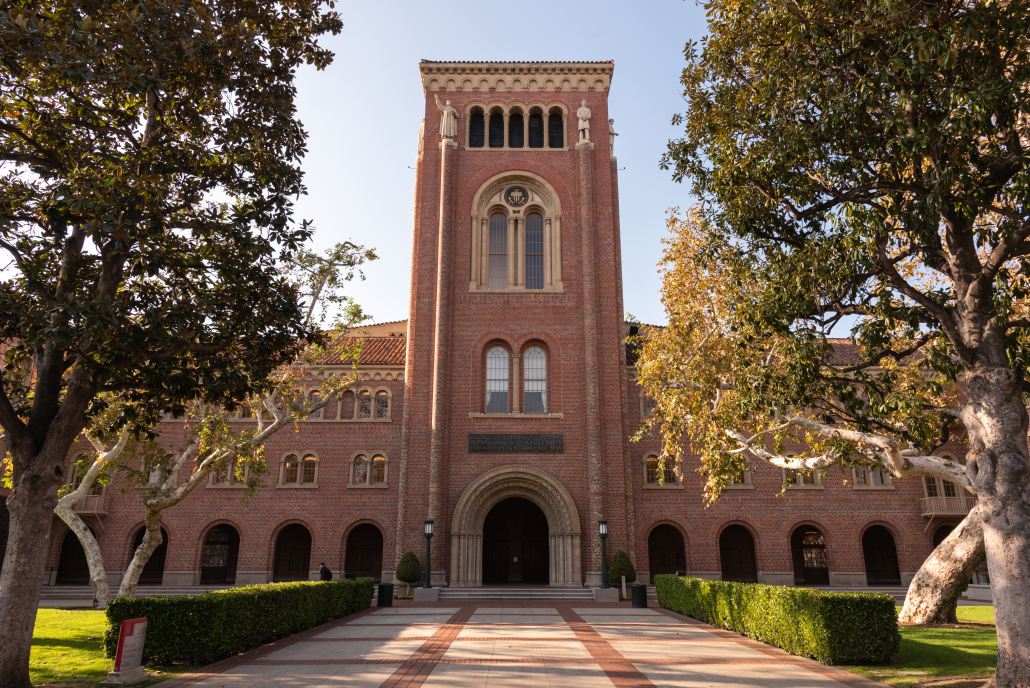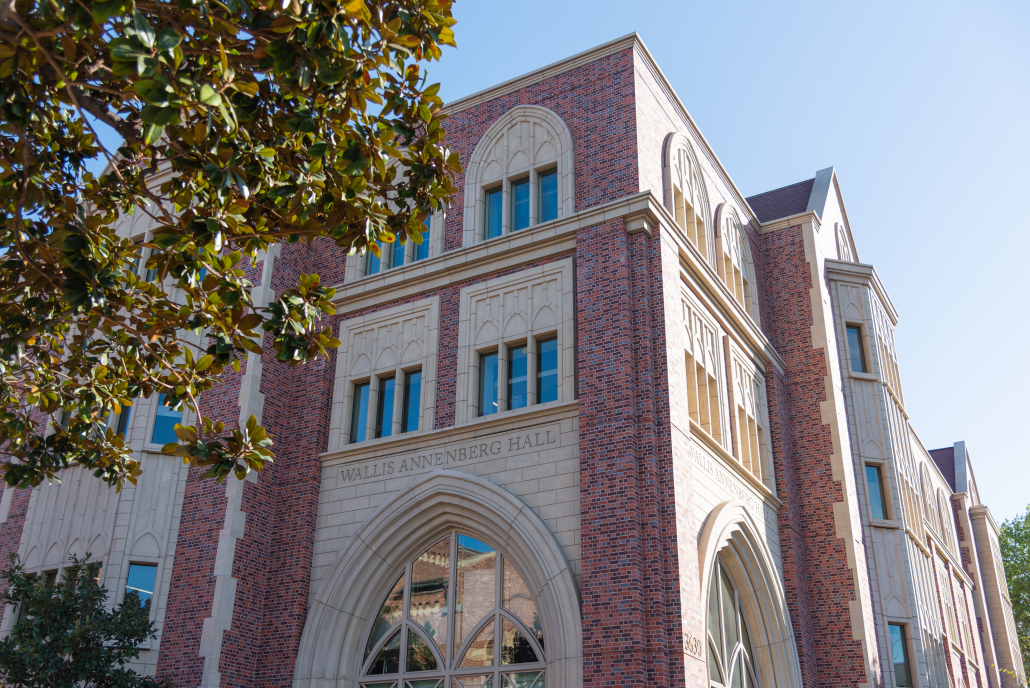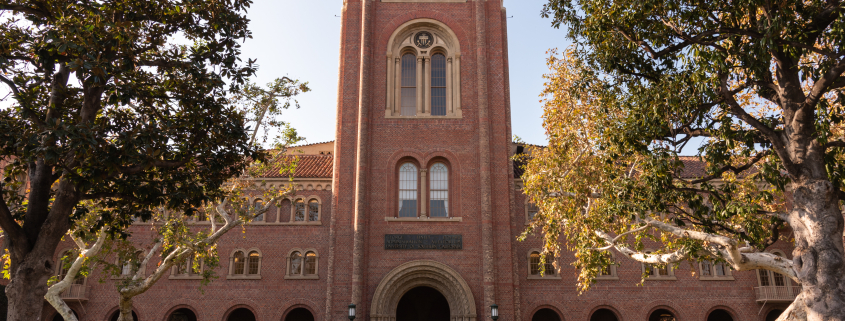Fake USC program under investigation

When former chairman of the USC Alumni Association in Hong Kong, Garrick Tang, saw photos of a graduation held for a Hong Kong certificate program hosted by the USC US-China Institute, he knew something wasn’t right. The misspelled department names on the certificates held by the smiling graduates piqued his confusion, but what clued him in was the obvious: The program on the certificates did not exist.
Having worked with the Hong Kong Alumni Association for 15 years, Tang, a 1996 alumnus, knows the few programs USC offers in the region “inside and out,” and could tell the program was illegitimate, he said.
Soon after Tang got wind of the program, the graduation photos reached a Facebook group of more than 2,000 USC alumni living in Hong Kong, many of whom realized none of them had heard of the program claiming to be held by USCI.
Tang confirmed with the director of USCI, Clayton Dube, that the institute did not run such a program in Hong Kong.
“We have not authorized anyone to issue certificates in our name or to represent themselves as being authorized to provide any sort of training,” said Dube in an interview with the Daily Trojan.
The USC Hong Kong office reported the incident to Hong Kong police in late October and is currently under investigation, Tang said. USC has since engaged its legal counsel to stamp out all programs claiming affiliation with the University, the USC Office of Strategic and Global Initiatives said in a statement to the Daily Trojan.
Two programs that advertised authorization to teach USC curricula are currently under investigation. One of these programs, Tang said, is spearheaded by Owen Chow, founder and chairman of the Association of the International Certified Financial Consultant.

In 2019, Chow claimed to be a lecturer of the Annenberg School for Communication and Journalism finance program in Hong Kong, which Tang said was incongruent, as the Annenberg school does not host financial studies courses. Moreover, Tang said he would have undoubtedly heard if a scholar from Hong Kong had been appointed as a professor at USC.
“If there’s a Hong Kong guy who got appointed by USC as a professor, we should know. It’s big news for us,” Tang said. “If we got a really good guy who got hired by USC and he’ll be teaching at USC then we should all know. But none of us know this guy.”
Tang said the Chow case was reported to the University two years ago but no action was taken.
“They knew about it, and they didn’t do anything to stop them,” Tang said.
The second program, called the “Coaching-Based Leadership program,” held the October graduation and was directed by Ray Poon, the supervisor of education company Modern Continuing Education Centre. Over lunch with Tang, Poon said he paid to run the program and signed a contract with an individual named Larry L. Eastland in 2018.
A 2018 memorandum from Eastland claimed “Mr. Jonathan So” was USCI’s authorized representative in Hong Kong and stated Eastland’s title as the Chair of the Advisory Committee of the non-existent Institute for Global Leadership.
Poon, however, said he was misled by an educational agent who told him it had received USCI’s authorization to run the course with Eastland’s help.
Poon told the South China Morning Post that his leadership course ran for two years, over the course of which 50 students paid $20,000 HKD each, totalling $1 million HKD, or approximately $128,348 USD.
According to Tang, the unauthorized courses presenting themselves as USC-sponsored angered some alumni who felt the programs minimized the value of a USC degree.
“In a year, [USC students pay] $80,000 to get the degree to spend four years there and [students in the fraudulent certificate courses] pay a few thousand and get the same sort of certificates,” Tang said. “It doesn’t make sense.”
Although Dube said alumni are “agitated” at the illegitimate courses because of how hard they worked to get into USC, he said he does not believe the incident will in any significant way tarnish USC’s reputation in Asia.
“I don’t believe that there will be lasting damage to the University’s reputation,” Dube said. “Yes, if substandard programs are offered in the University’s name for an extended period of time, that can have a corrosive impact on the reputation of the University.”
Dube said the University “works hard to protect its intellectual property” and expects the investigation to be relatively uncomplicated because of the concrete evidence gathered by the Alumni Association and provided by individuals like Poon.
“In this instance … they had a bit of a paper trail,” Dube said. “They had a company that could be pointed to rather than some sort of vague circumstance, they were able to pursue it.”
Tang also said Chow previously held similar courses that claimed affiliation with Oxford University. The courses have since ended but were not investigated by police, he said.

